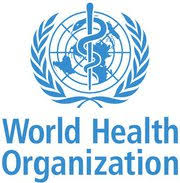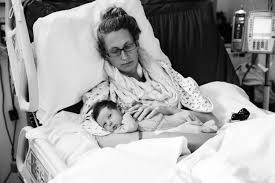
WHO steps in as cholera outbreak hits Kirikiri prison in Lagos
The World Health Organisation intervened after cholera broke out at the Kirikiri jail, providing medication to treat the illness and stop it from spreading.
Professor Akin Abayomi, the Lagos State Commissioner for Health, disclosed the increased support during a report on the state's cholera outbreak.
"We were able to supply intravenous fluids, infection prevention, and other health consumables to Kirikiri Medium Prison," he said.Furthermore, 10,000 medicinal dosages supplied by the World Health Organisation (WHO) have been sent to the prison to assist the prison health services in providing preventive measures for about 3,200 detainees, should the need arise.
"Water and sanitation problems have been resolved immediately, and state-wide inspections of other prisons are still underway," the commissioner stated.
Abayomi also disclosed that the new outbreak of cholera in Lagos was caused by unrestricted street drinks and tainted water sources, which were already recognised as the main causes two weeks ago.
While noting that few cases were still presenting to hospitals, the commissioner recognised indications of ongoing low-grade community transmission and claimed a considerable improvement in daily cholera incidence from the rise reported two weeks ago.
He said that although there had been no new cholera-related deaths in the previous 72 hours, the government was stepping up efforts to completely stop the disease's spread.
The commissioner clarified that the decline in the number of new cases each day and the absence of recent deaths showed that interventions were yielding results.
He underscored the importance of adhering to public health information and advice regarding safety measures and seeking prompt medical care when symptoms arise and cholera is suspected.
According to Abayomi, the Lagos Water Corporation and sanitation agencies are working with the state government to undertake environmental health initiatives through the use of its interagency "One Health" approach.
According to him, these actions include "enforcing stricter regulations on local beverage manufacturers, providing safe drinking water to affected local governments, inspecting and disinfecting boreholes, and widespread sanitation efforts."In order to reduce the prevalence of food- and water-borne illnesses in Lagos, a stricter hygienic and regulatory standard for restaurants, food handlers, beverage makers, and groundwater will be put into place and enforced going forward, as approved by the Governor.
The commissioner assured the public that there was no need for alarm and expressed confidence that the state would successfully fight and control the spread of cholera through continued collaboration, vigilance, and commitment from all stakeholders. However, she also emphasised the significance of maintaining ongoing vigilance and compliance with public health precautions.





